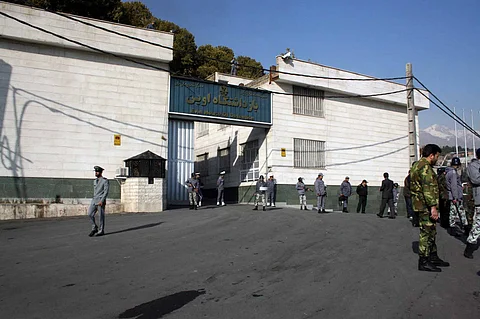

Iranian authorities have announced the arrest of more than 21,000 people on charges of collaborating with Israel during the 12-day war that erupted in mid-June. The nationwide sweep, carried out between June 13 and June 24, revealed what officials described as extensive Israeli intelligence penetration into Iranian society and security structures.
Police spokesperson Gen. Saeed Montazeralmahdi told state media that of those detained, 260 individuals were suspected of espionage and 172 were arrested for illegal filming activities. Over 1,000 security checkpoints were set up across the country during the conflict. According to Montazeralmahdi, hundreds of alleged Mossad-linked operatives voluntarily surrendered after Tehran offered an early-war amnesty. He credited the “high awareness and participation of the people” for enabling such large-scale arrests and preventing further acts of sabotage.
Authorities said the crackdown also uncovered clandestine facilities producing combat and kamikaze drones, which were likely intended for targeted assassinations. Iranian officials claim that Israel’s opening strike on June 13—which killed several senior military officers and more than a dozen nuclear scientists—was aided by local operatives providing precise location data and launching drones from within Iran.
Last week, Israel executed Rouzbeh Vadi, a nuclear scientist accused by Tehran of providing Israel with sensitive nuclear program information and helping coordinate assassinations, including the killing of a fellow scientist. Iran has executed eight individuals for alleged collaboration with Israel since January, seven of them after the June conflict.
For more than a decade, Israel has demonstrated the ability to infiltrate Iranian territory, carrying out high-profile operations such as the assassination of Hamas leader Ismail Haniyeh in Tehran last year. Iranian officials now say they are confronting these security gaps head-on, investing heavily in counterintelligence measures, and warning that any repeat of June’s deep infiltration would be met with a far swifter and harsher response in the future.